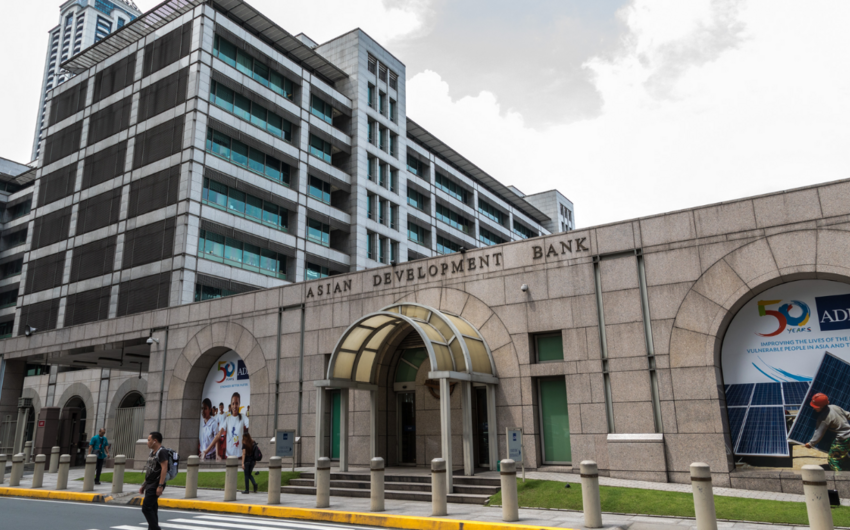The knowledge and technical support assistance (TA) will provide ADB's financial contribution to the new Caucasus and Central Asia Technical Assistance Center of the International Monetary Fund (IMF) that will undertake capacity development in macroeconomic-related areas for Azerbaijan, Georgia, Kazakhstan, the Kyrgyz Republic, Mongolia, Tajikistan, Turkmenistan, and Uzbekistan.
According to Report, the project budget is $ 800,000.
The project will realize the potential development of related macroeconomic areas. The International Monetary Fund (IMF) will provide financial assistance to the Caucasus and Central Asia countries. The TA center for project implementation will be physically established in Almaty, Kazakhstan, in mid-2021.
Countries in the region face significant challenges of debt management. Mongolia's external debt stock started to rise after the global financial crisis of 2008-2009 and reached over 200% of GDP by 2015. While the external debt to GDP ratio somewhat declined since then, it still stays above 200%. The oil price shock in 2014-2015 widened fiscal deficits and increased public debt and external debt in the Caucasus and Central Asia. The gross government debt for all countries in the Caucasus and Central Asia combined accounted for 17.1% of their GDP on average for 2000-2014, but it increased after reaching 26.3% by 2019. Their gross total external debt increased from 54.3% to 68.2% of GDP in the same period.
More recently, the outbreak of coronavirus disease (COVID-19) and lower oil prices have put significant pressure on local currencies and sovereign spreads, revenues, and public expenditures. Countries in the Caucasus, Central Asia, and Mongolia (CCAM) region face double challenges of addressing increased debt vulnerabilities on the one hand and managing fiscal space for infrastructure and social expenditure, on the other hand, with delicate expenditure control and enhanced domestic revenue mobilization.
The project aims to ensure environmentally sustainable growth, comprehensive economic development, and regional integration.
Besides, the following goals have been identified in the implementation of the project:
Improved living standard by sustainably achieving higher and inclusive growth;
Strengthened macroeconomic and financial statistics compilation and dissemination for decision making;
Macroeconomic forecasting and policy analysis capacity at relevant institutions to support the economic policymaking process;
Improved tax administration management and governance arrangements.


 https://static.report.az/photo/b536e1f3-2f3a-3ce8-b96b-4fc7c799e7db.png
https://static.report.az/photo/b536e1f3-2f3a-3ce8-b96b-4fc7c799e7db.png

